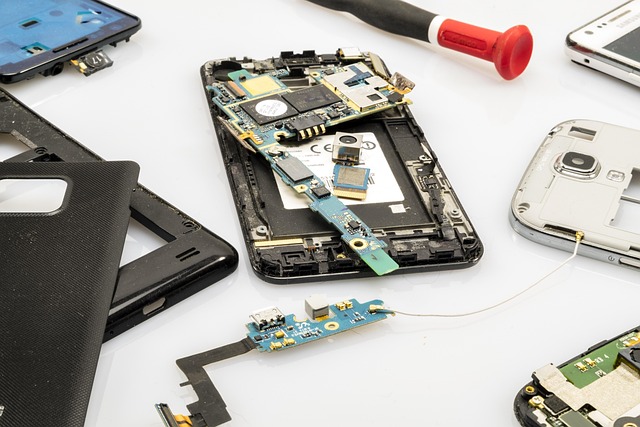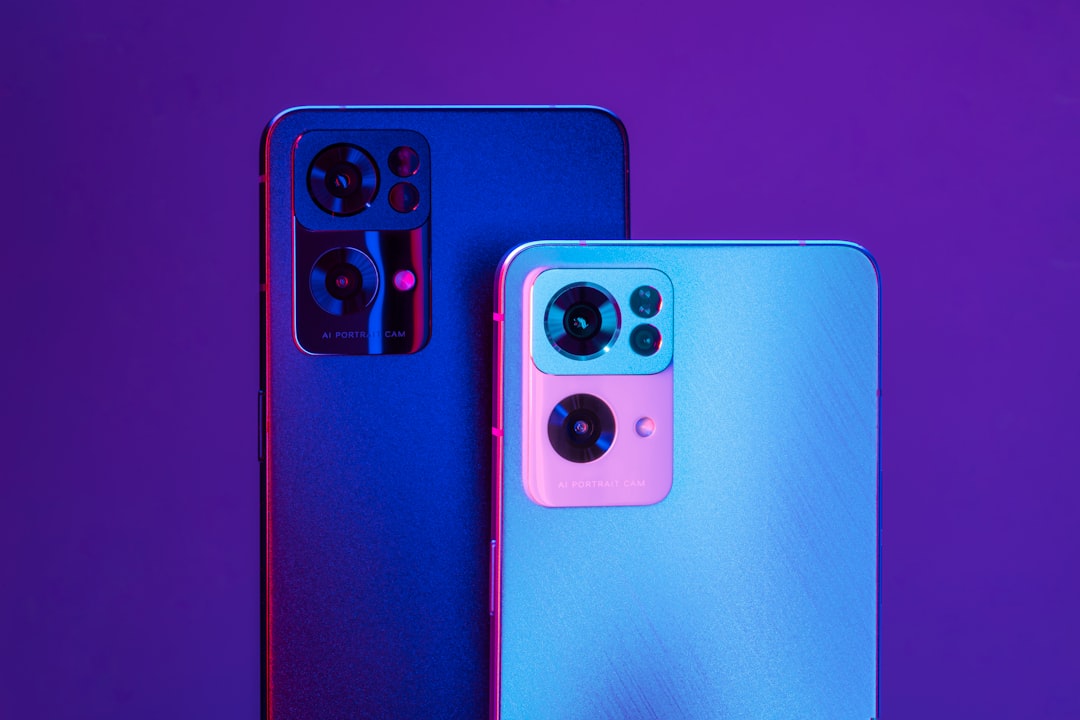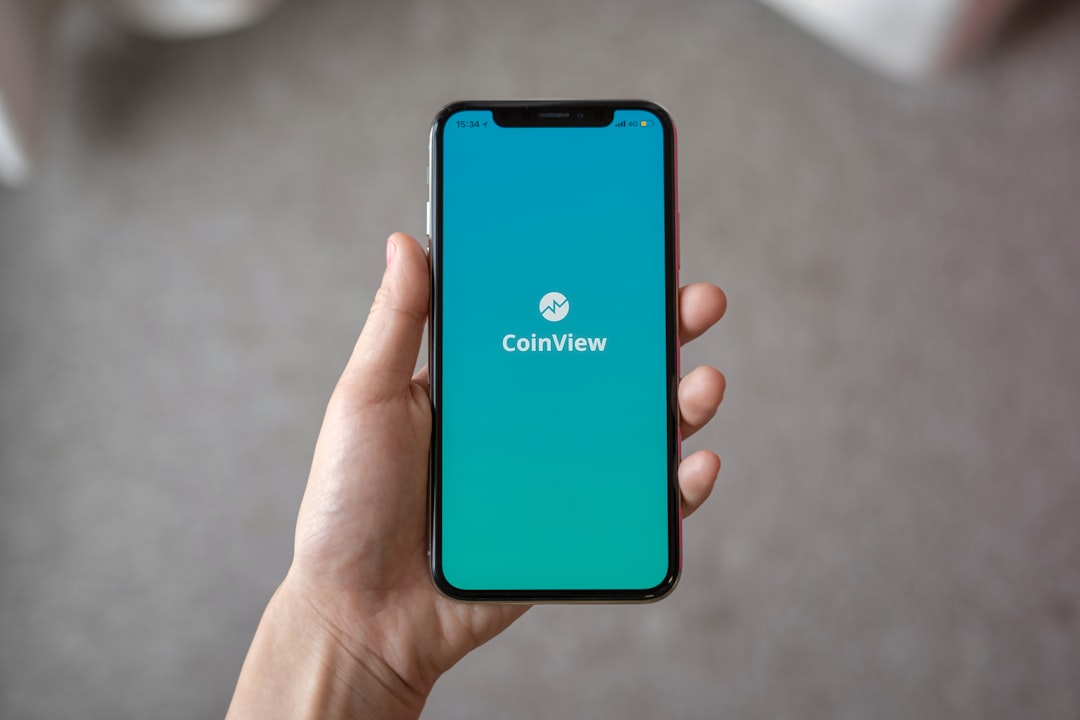Robocall scams targeting NH residents have become sophisticated, using fake local numbers and impersonating organizations to trick recipients into revealing sensitive data. A Robocall Lawyer New Hampshire specializes in TCPA regulations and can guide victims through reporting incidents and pursuing legal action against scammers, protecting them from these evolving frauds.
“In the digital age, Keene, New Hampshire residents are increasingly targeted by robocall scams, posing a significant threat to personal privacy and financial security. This article delves into the world of automated fraud, offering a comprehensive guide to understanding, recognizing, and combating robocall scams. We explore effective strategies to protect yourself and discuss legal options available through a Robocall Lawyer in New Hampshire if you’ve fallen victim to such fraudulent activities.”
What are Robocall Scams?
Robocall scams are a common and increasingly sophisticated form of fraud targeting residents across the country, including Keene, New Hampshire. These automated phone calls, often delivered en masse, are designed to trick recipients into providing personal information or money by impersonating legitimate organizations or government agencies. Scammers use advanced technology to make these calls appear genuine, using pre-recorded messages and fake local numbers. The goal is to capture sensitive data such as social security numbers, bank account details, or credit card information for malicious purposes.
In Keene and throughout New Hampshire, a Robocall lawyer can be an invaluable resource for victims of such scams. Legal professionals specializing in this area can help individuals understand their rights, navigate the complexities of reporting these incidents, and take appropriate legal action against the perpetrators. With the ever-evolving nature of scamming tactics, staying informed and seeking expert guidance is crucial to protect oneself from becoming a victim.
How to Recognize and Avoid Robocalls in Keene, NH
In Keene, New Hampshire, recognizing and avoiding robocalls is crucial to protecting your privacy and preventing financial loss. Robocalls often use automated systems to make mass phone calls, promoting products, services, or even trying to scam you. They may claim to be from reputable organizations, but their main goal is usually to gather personal information for fraudulent activities. To identify these calls, listen for automated voices, unfamiliar numbers, or prompts asking for sensitive data. If a call seems suspicious, don’t engage; instead, consider using blocking apps or registering your number on the National Do Not Call Registry.
Avoiding robocalls involves being vigilant and proactive. Never share personal or financial information over the phone unless you initiated the call and are certain of the recipient’s identity. Keep your contact details private and restrict them to trusted sources. If you suspect a robocall scam, report it to local authorities and consider consulting a Robocall Lawyer in New Hampshire who specializes in protecting consumers from such fraudulent activities. Staying informed and taking these precautions can significantly reduce the risk of falling victim to robocall scams.
Legal Recourse Against Robocall Fraud in New Hampshire
In New Hampshire, robocall fraud is taken seriously, and there are legal avenues to seek recourse for victims. If you’ve received suspicious automated calls or feel you’ve been targeted by a robocall scam, contacting an experienced Robocall Lawyer New Hampshire could be beneficial. These attorneys specialize in navigating the complex regulations surrounding telemarketing practices and can help determine if your rights have been violated.
The Telephone Consumer Protection Act (TCPA) provides consumers with protections against unsolicited calls, including robocalls. If a call is deemed illegal or in violation of these rules, victims may be eligible for damages. A Robocall Lawyer New Hampshire will guide you through the process of filing a complaint with the Federal Communications Commission (FCC) and pursuing legal action against the culprits behind fraudulent calls.






